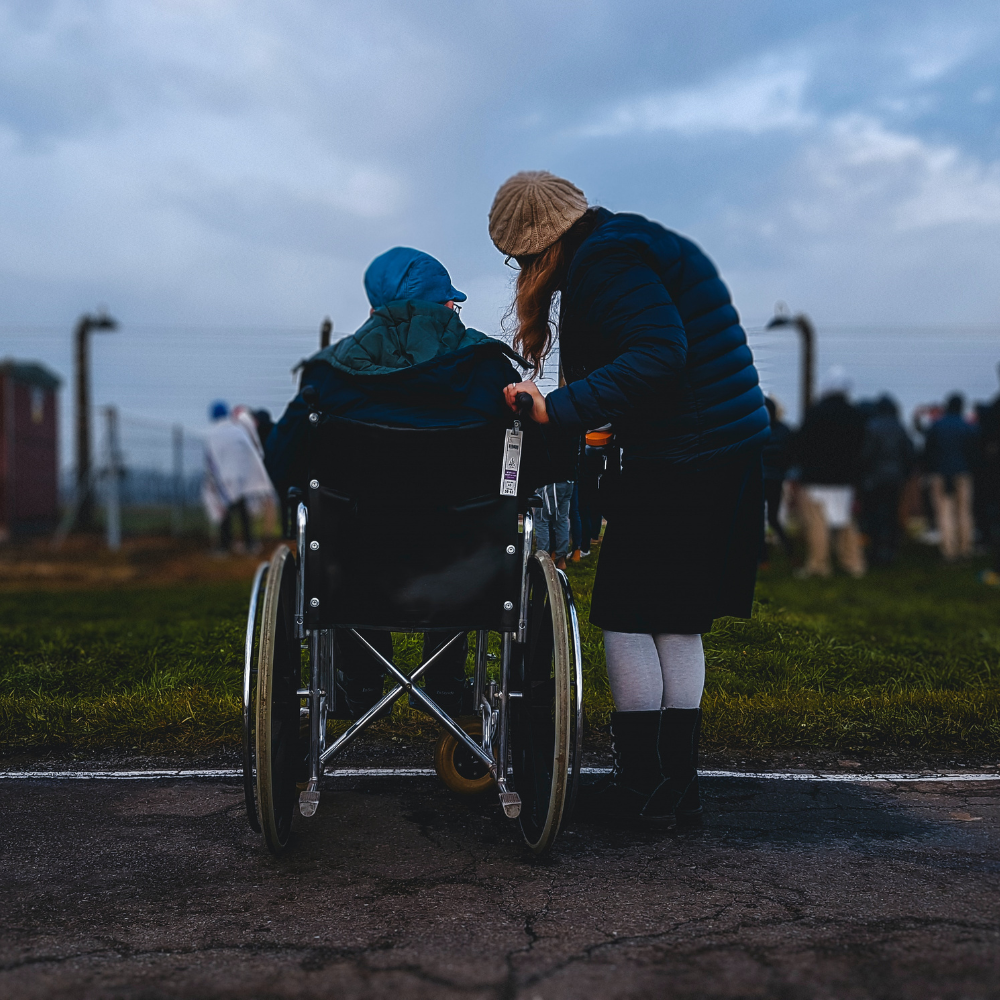The National Disability Insurance Scheme (NDIS) provides more that $50 billion in funding a year to more than 600,000 Australians who have permanent or significant disability.
The goal of the NDIS is to help people with disability to achieve better quality of life through independence and community participation. The scheme is run by the National Disability Insurance Agency (NDIA).
NDIS Meaning
The National Disability Insurance Scheme (NDIS) is the Australian Government’s approach to service delivery and funding for people with a disability.
The NDIS puts people with disability at the centre of the system for the first time – allowing them to determine their own future and receive funding which matches their needs and aspirations.
What disabilities does the NDIS cover?
The National Disability Insurance Scheme provides funding for multiple disabilities including:
- Intellectual disabilities
- Genetic conditions
- Permanent bilateral hearing loss
- Autism
- Spinal cord injury or brain injury
- Deafblindness
- Cerebral palsy
- Permanent blindness
- Amputation or congenital absence of limbs

Are you accessing the NDIS for yourself or your loved ones?
Getting to grips with NDIS key terms & acronyms
We understand that the myriad of terms and wording that goes along with the NDIS can get a bit daunting and technical. However, understanding the terminology and being able to do your research will help you and your loved one be able to take full advantage of the NDIS and get the types of supports you need.
Below we have put together a list of some of the more commonly used terms, and their explanations, to help get you started. For a full list of explanations, download our NDIS acronyms & definitions PDF or visit the NDIS Glossary.

Supports
The NDIS defines supports as “Things to help a person undertake daily life activities and enable them to participate in the community and pursue their goals” Meaning something like a wheelchair, personal caretaker, or wrist brace, would all fall under the ‘supports’ category.
Funded Supports
There is a wide variety of help that the NDIS covers for its members including everyday private activities, transportation to allow participation in the community, health services, employment activities or most day-by-day lifestyle activities.
Assistance such as training within their place of work or therapeutic and behaviour support. NDIS also covers assistance with domestic responsibilities to permit the participant to maintain their domestic environment, assistance to a participant through professional employees in aids or equipment assessment, installation and training, domestic modification layout and construction, mobility devices, and automobile modifications.
Informal Supports
Informal support is the term used to explain the assistance you acquire from people you know. Friends, loved ones, teachers, community volunteers, etc, can frequently play a critical role in helping people with a disability. Examples include domestic transport or personal hygiene support.
Registered Provider
If a provider has opted to become registered, it means it has registered its services and has been approved by the NDIA to supply NDIS-funded services. This means registered providers have been validated through the NDIS Quality and Safeguards Commission and can claim their invoices with the NDIS directly.
Reasonable and Necessary Supports
Anything which is related to your disability is a reasonable and necessary support under the NDIS. This can include not just the basics like mobility equipment and therapeutic support, but support with transport, doing daily tasks, home modification, education, social participation and more. If you’re not sure what is “necessary and reasonable”, ask your planner. The general rule is that it must be related to your disability, and it can’t replicate things that your family or community already assist you with.
Once you have received confirmation that you qualify for the NDIS, your planner is the first person you should speak to on your NDIS journey. Your planner is there to help you access the system, so give them as much information as possible about your situation and your goals.
Full Schemes
ACT – July 2016
New South Wales – July 2018
South Australia – July 2018
Tasmania – July 2019
Victoria – July 2019
Queensland – July 2019
Northern Territory – July 2019

Understanding NDIS

NDIS Pricing

NDIS Eligibility

Changing Providers

